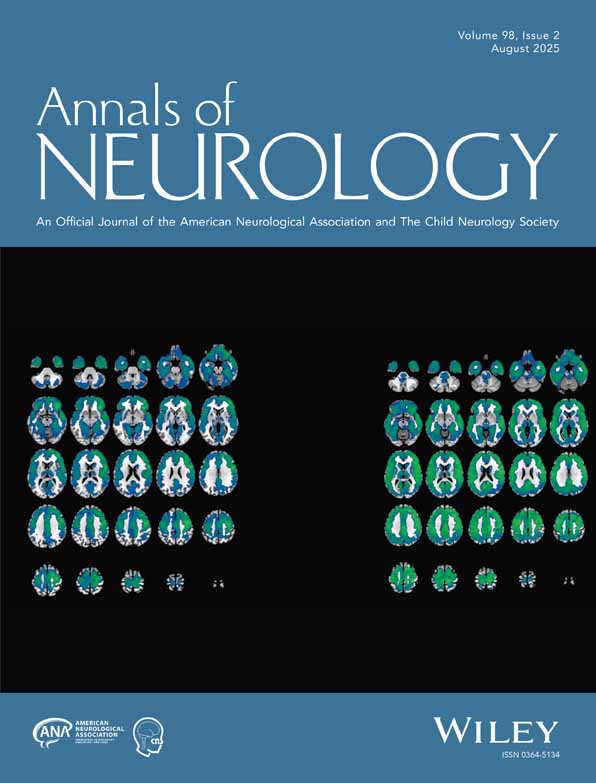Delayed treatment with a p53 inhibitor enhances recovery in stroke brain†
Potential conflict of interest: Nothing to report.
Abstract
Objective
Cerebral ischemia can activate endogenous reparative processes, such as proliferation of endogenous neural progenitor cells (NPCs) in the subventricular zone (SVZ). Most of these new cells die shortly after injury. The purpose of this study was to examine a novel strategy for treatment of stroke at 1 week after injury by enhancing the survival of ischemia-induced endogenous NPCs in SVZ.
Methods
Adult rats were subjected to a 90-minutes middle cerebral artery occlusion. A p53 inhibitor pifithrin-α (PFT-α) was administered to stroke rats from days 6 to 9 after middle cerebral artery occlusion. Locomotor behavior was measured using an activity chamber. Proliferation, survival, migration, and differentiation of endogenous NPCs were examined using quantitative reverse transcription polymerase chain reaction, terminal deoxynucleotidyl transferase-mediated dUTP nick-end labeling, and immunohistochemistry.
Results
PFT-α enhanced functional recovery as assessed by a significant increase in multiple behavioral measurements. Delayed PFT-α treatment had no effect on the cell death processes in the lesioned cortical region. However, it enhanced the survival of SVZ progenitor cells, and promoted their proliferation and migration. PFT-α inhibited the expression of a p53-dependent proapoptotic gene, termed PUMA (p53-upregulated modulator of apoptosis), within the SVZ of stroke animals. The enhancement of survival/proliferation of NPCs was further found in SVZ neurospheres in tissue culture. PFT-α dose-dependently increased the number and size of new neurosphere formation.
Interpretation
Delayed treatment with a p53 inhibitor PFT-α is able to modify stroke-induced endogenous neurogenesis and improve the functional recovery in stroke animals. Ann Neurol 2009;65:520–530




